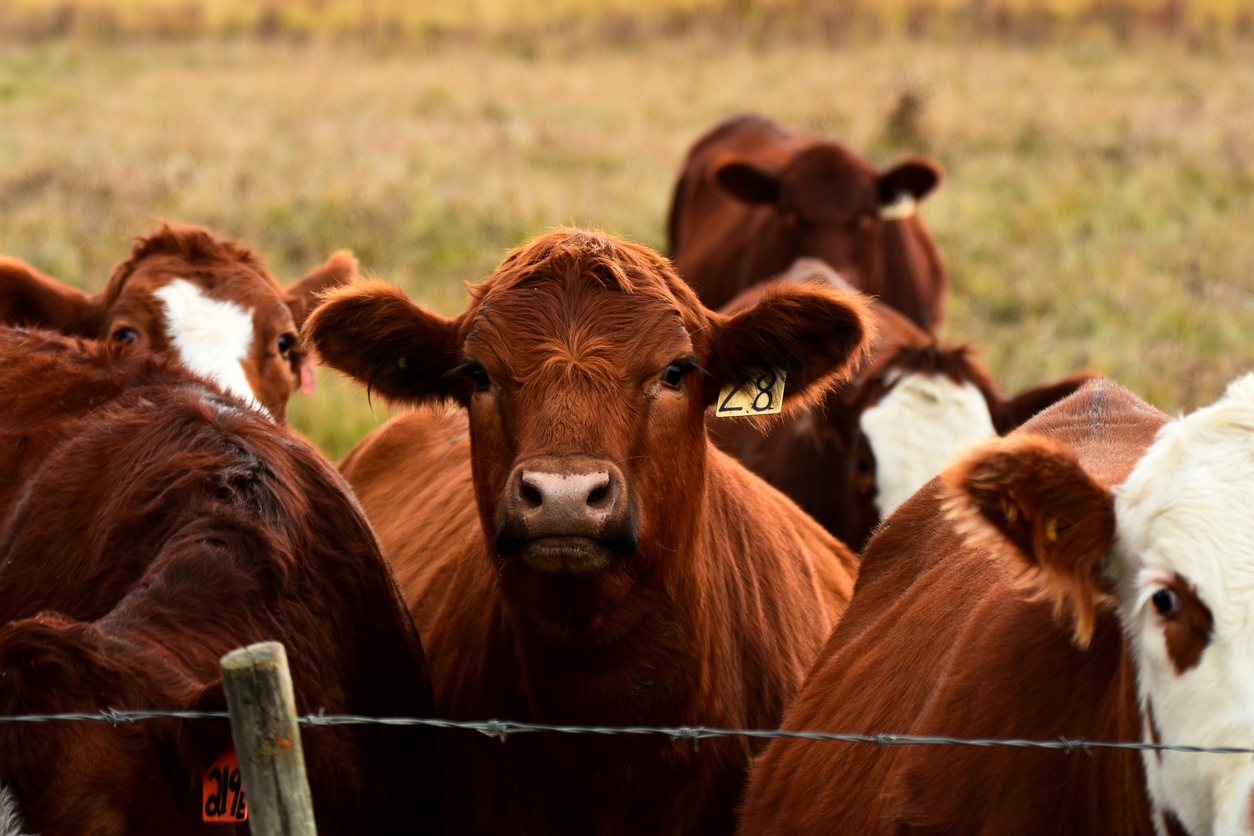By Lynda Kiernan-Stone, Global AgInvesting Media
Co-founded by Francisco Roque de Pinho and Joaquín Labella in 2016 in Uruguay – an unassuming country with vast unexplored agricultural potential wedged between Argentina and Brazil – TLG Management Partners works to implement improvements on, and then manage, underperforming farmland properties in South America.
The timing of the launch of TLG proved challenging. Economic uncertainty, depressed commodity prices, and market volatility were then followed by supply chain disruptions, high commodity prices, and rising inflation. These were some of the factors associated with the global pandemic that held back TLG from expanding the way they wanted, but they also gave them time to consolidate their portfolio of properties and leases, to optimize its management processes and framework, redirect its geographic exposure away from difficult markets, such as Argentina, and to grow and build its local ground team and build out cattle operations from scratch on farms that were previously leased to third parties.
“All things considered,” said Roque de Pinho, “we came out of this pandemic with a significantly better performing and more resilient organization in place.”
In the West of Uruguay, TLG manages two contiguous farms, El Tauro and Cabatir, as a single 888-hectare operation on which the firm developed a grass-fed cattle business with the goals of regenerating depleted soils, diversifying its exposure away from cropping, and to improve the risk/return profile of the holding.
By replacing an extractive row crop operation that was in place for more than two decades, TLG built a cutting-edge fattening unit with 910 head on 300 acres of alfalfa, fescue, and white clover pasture on which grazes high-quality steers to be shipped to the EU, and fat steers and cull cows to be sold locally. Plans are to reach 750 hectares of pastures and a stock rate of 2,000 head in the next two years when the farm will employ a systemic crop/pasture rotation.
TLG also completed the turnaround of El Totoral – a 925-hectare farm located in Uruguay’s northwest that required a rigorous legal process to evict a defaulted tenant. Once replaced with a competent manager, the rent on El Totoral increased 70 percent and improvements were put in place to address soil erosion, repair the walls on a 1.75 million cubic meter dam, remove invasive brush, replace peripheral fences, and refurbish three irrigation pivots.
Looking ahead, the firm stated that in two years it intends to begin development of a grass-fed cattle operation similar to those it built at El Taruo and Cabatir. [A video reviewing improvements completed at E. Totoral can be seen here.]
Overall, TLG manages 20,000 hectares of farmland in Uruguay producing beef, soybeans, rice, and timber, with intentions to continue to grow its holdings and to consolidate its position as the single largest institutional manager of third-party owned agricultural land in the country.
Commenting on Uruguay, Roque de Pinho noted, “The country combines abundant farmland, rich soils, plentiful water resources, a temperate climate with a transparent market, the world’s first national livestock traceability system, and a dollarized economy that welcomes foreign direct investment.”
He continued, “An unassuming agriculture powerhouse with plenty of unexploited potential, Uruguay should continue producing a growing share of the grains and high quality, sustainable animal protein that the world demands in ever increasing quantities.”
The eight total farms that TLG manages across the country are owned by three different European investor groups consisting of a pension fund and insurance company, family offices, and high-net worth individuals that have been invested in Uruguayan ag for more than a decade, but have seen their assets lose value in the past due to poor management.
TLG has completed the turn-around on all eight farms through a “scope of work that was as simple as it was restrictive” explained Roque de Pinho: assume management; address the fundamental issues of soil health, infrastructure, tenants etc.; oversee a stabilized land leasing operation; and if needed, reinvest a portion of the capital flow without asking for new money; and sell the farms when market conditions are favorable.
“We have completed our turn-arounds at all eight farms and built a profitable cash flow positive operation. In certain cases we went beyond our mandate, for example convincing our clients to let us build two separate grass-fed beef cattle operations from scratch without investing any new capital,” said Roque de Pinho.
The firm noted that aligned with this work, it is working separately with two private investors to acquire 20,000 hectares of quality crop and cattle land, and is launching a capital raise to buyout and expand its existing portfolio. And as part of this endeavor, TLG has built a new, more comprehensive, and more informative website that can be visited here.
*The content put forth by GAI News and its parent company HighQuest Partners is intended to be used and must be used for informational purposes only. All information or other material herein is not to be construed as legal, tax, investment, financial, or other advice. GAI and HighQuest Partners are not a fiduciary in any manner, and the reader assumes the sole responsibility of evaluating the merits and risks associated with the use of any information or other content on this site.
– Lynda Kiernan-Stone is editor with GAI Media, and is managing editor and daily contributor for Global AgInvesting’s AgInvesting Weekly News and Agtech Intel News, as well as HighQuest Group’s Oilseed & Grain News. She can be reached at lkiernan-stone@

